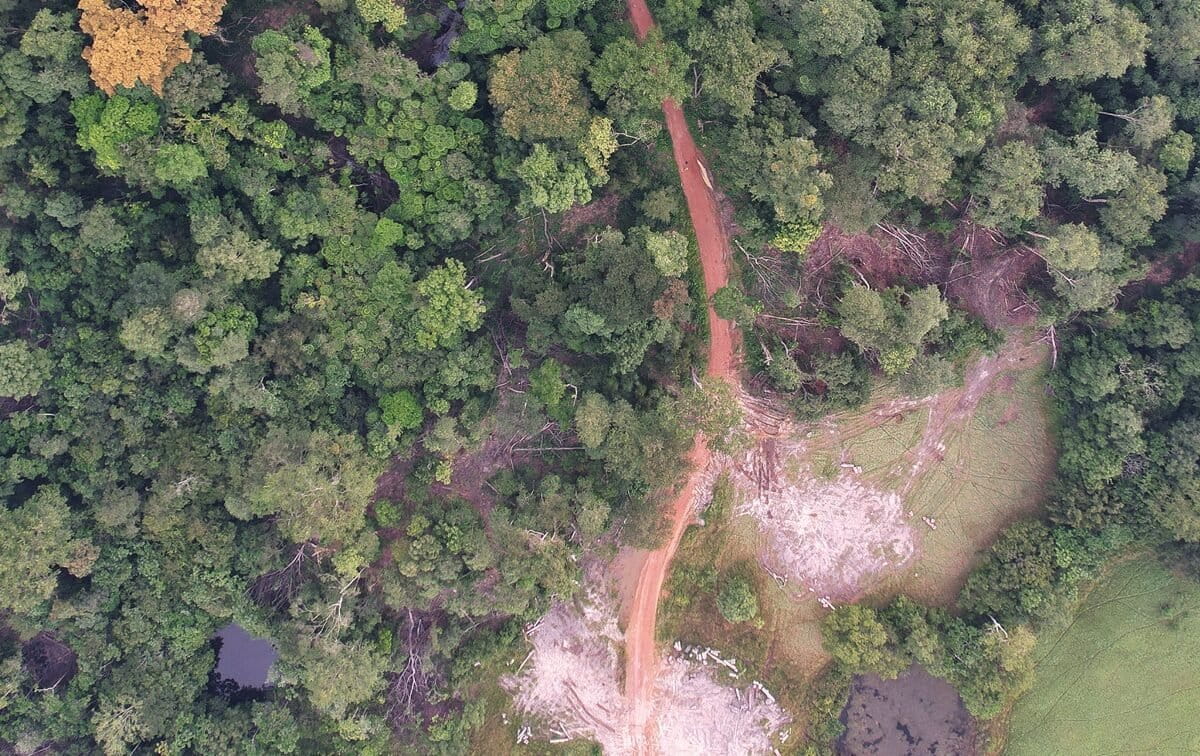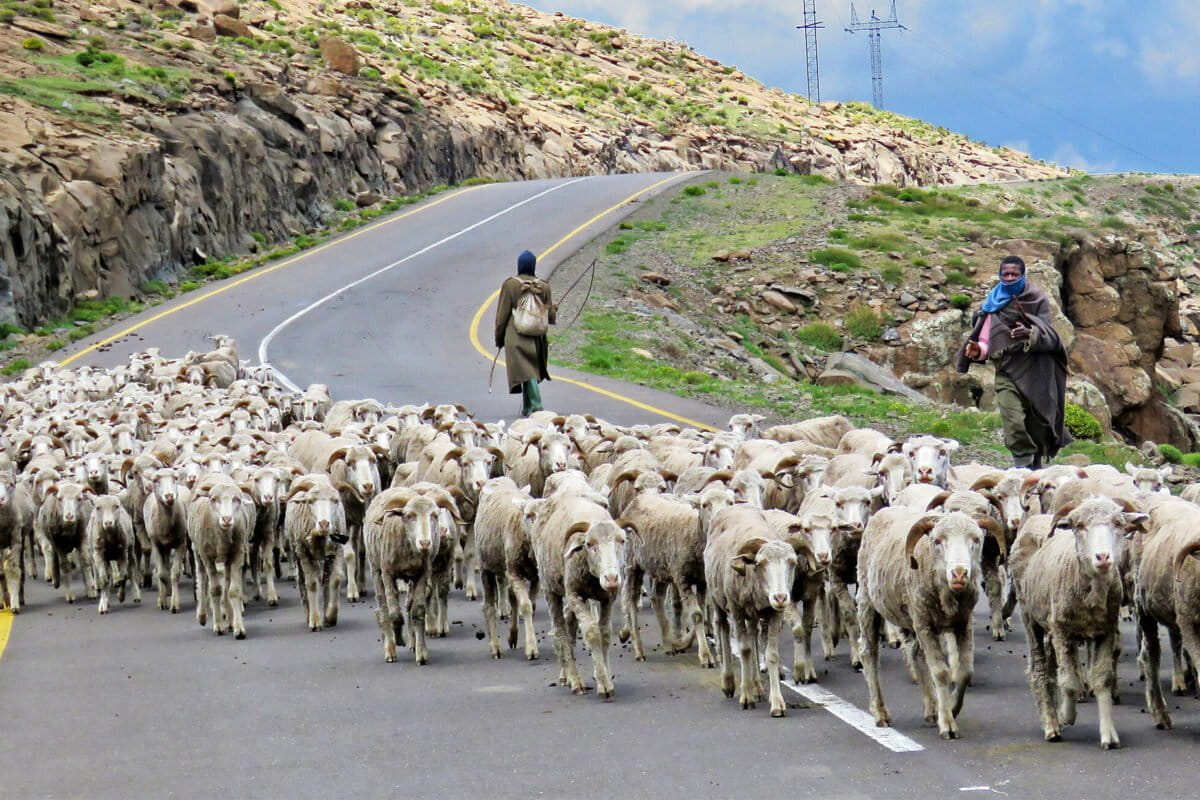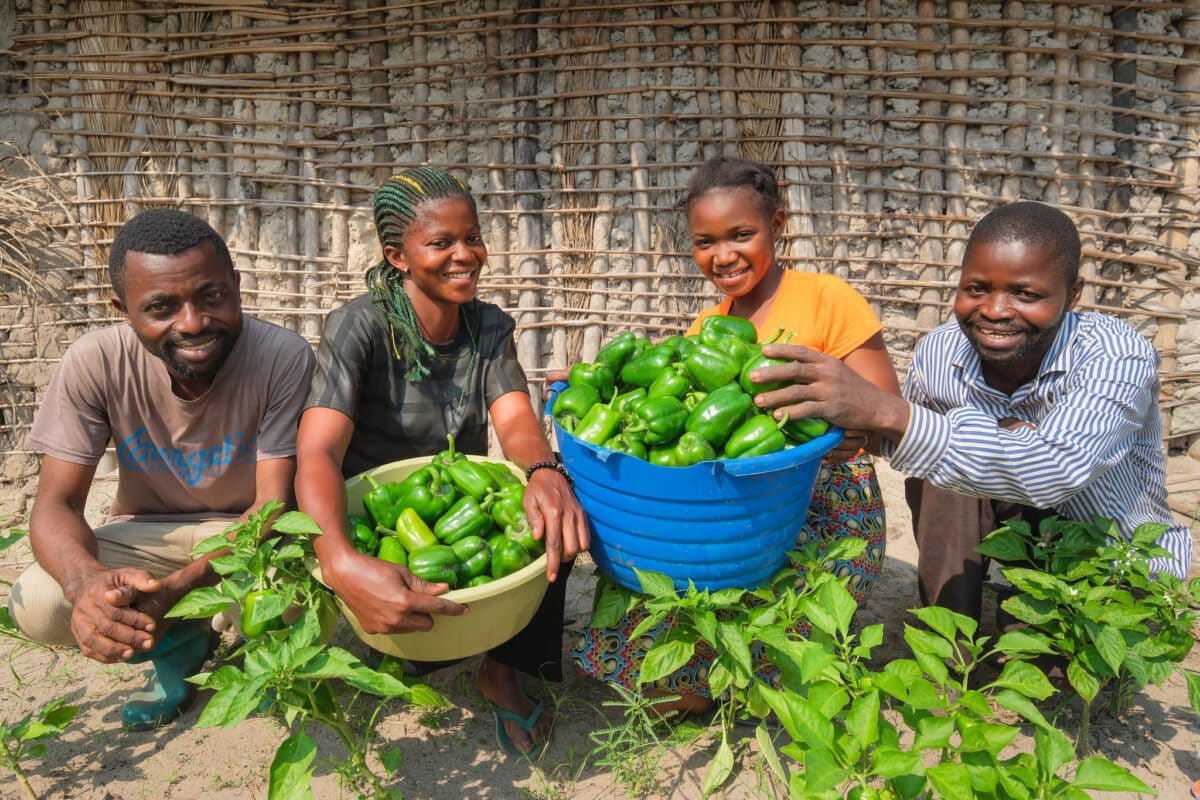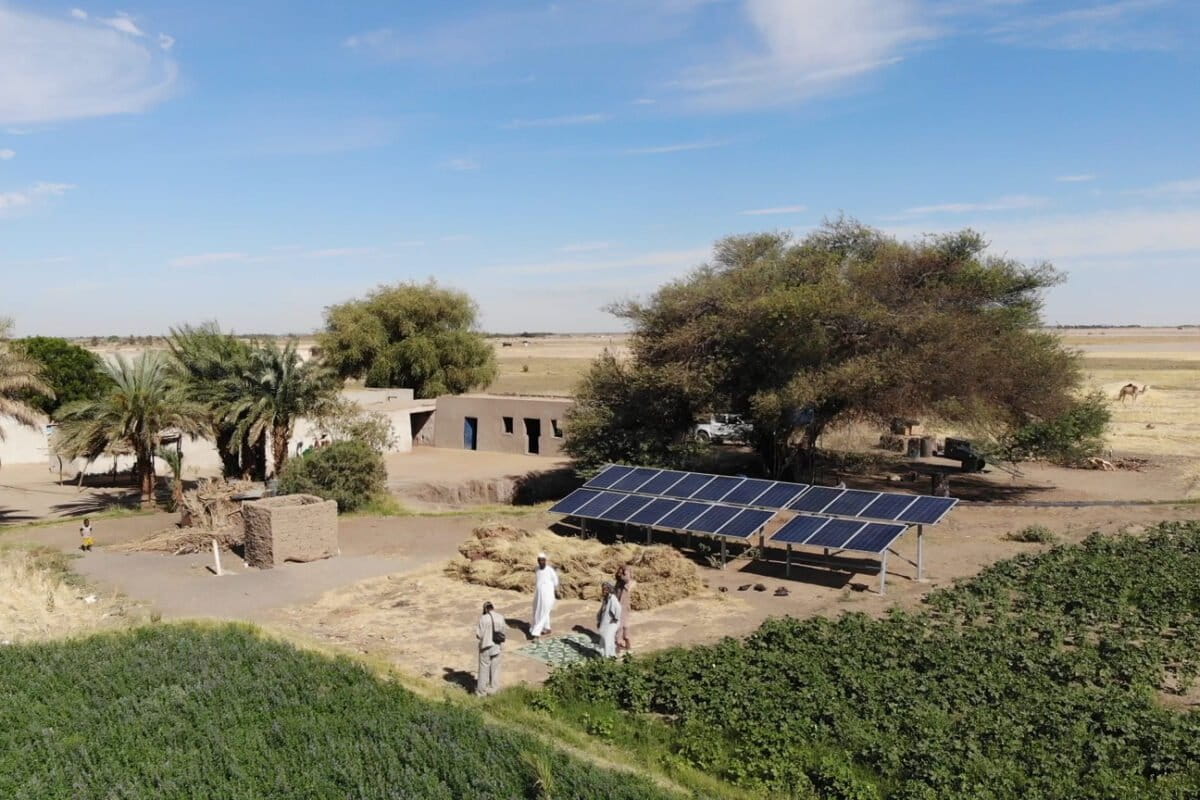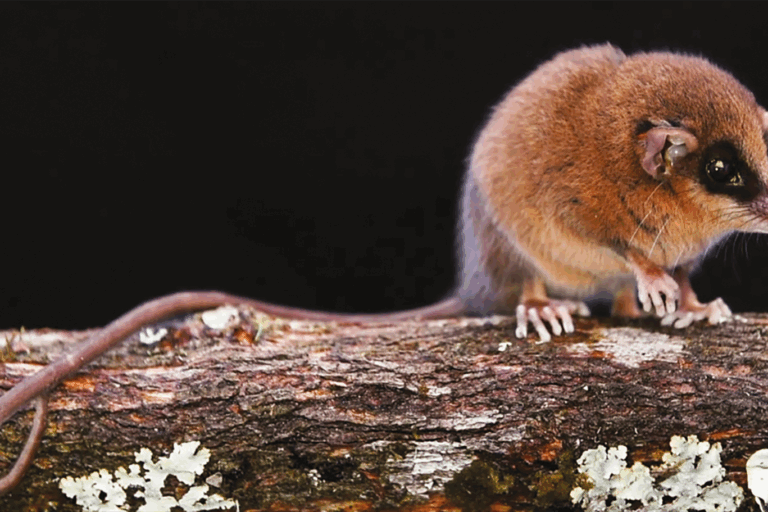Eleven proposed hydroelectric projects on the Mekong River in Southeast Asia threaten migratory fish stocks, regional food security, and the livelihoods of millions of people, warns a new campaign launched by environmental groups.
The Save the Mekong coalition says the dams would “block major fish migrations and disrupt this vitally important river, placing at risk millions of people who depend upon the Mekong for their food security and income.” Several threatened species — including the critically endangered Irrawaddy dolphin and the giant catfish — would be at risk, as would important tourist sites, including Khone Falls, Asia’s largest waterfall. More than 2,100 square kilometers of land — including agricultural areas, wetlands and tropical forests — would be flooded.
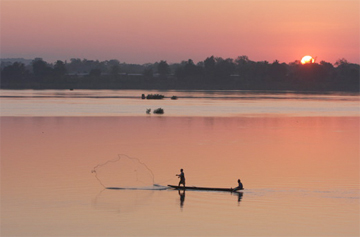 Fisherman on the Mekong in Laos’ Siphandone area near the proposed Don Sahong dam. Photo by: Rhett A. Butler. |
Most of the projects are planned in Laos, a poor, but resource-rich country that shares the Mekong as a border with Cambodia and Thailand. The dams would generate more than 20 megawatts of power, most of which would go to cities in Thailand and Vietnam.
“Big dams don’t develop Laos; they destroy invaluable rivers and resources upon which Lao people depend for daily survival,” said Shannon Lawrence, Lao Program Director for International Rivers — a coalition member — and editor of Power Surge, a report outlining the dams proposed in the country.
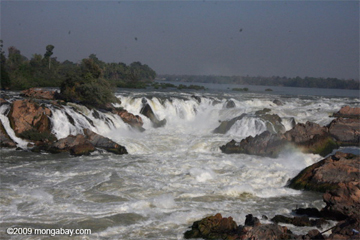 Khone Falls. Photo by: Rhett A. Butler. |
“Mekong mainstream dams – like Don Sahong – would be a tragic and costly mistake,” said Dr. Carl Middleton, International Rivers’ Mekong Program Coordinator. “For only 360 megawatts of electricity, Don Sahong would devastate fisheries that are central to people’s food security and the wider economy and undermine the region’s growing tourism potential. In a region where wild-capture fisheries are valued at US$2 billion per year and are of critical importance to riparian communities, these dams simply don’t add up.”
Save the Mekong is urging policymakers to adopt “more sustainable and peaceful ways” of meeting regional energy and water needs. The coalition has launched an online petition and this past weekend opened a photo exhibition highlighting the beauty and importance of the Mekong.



